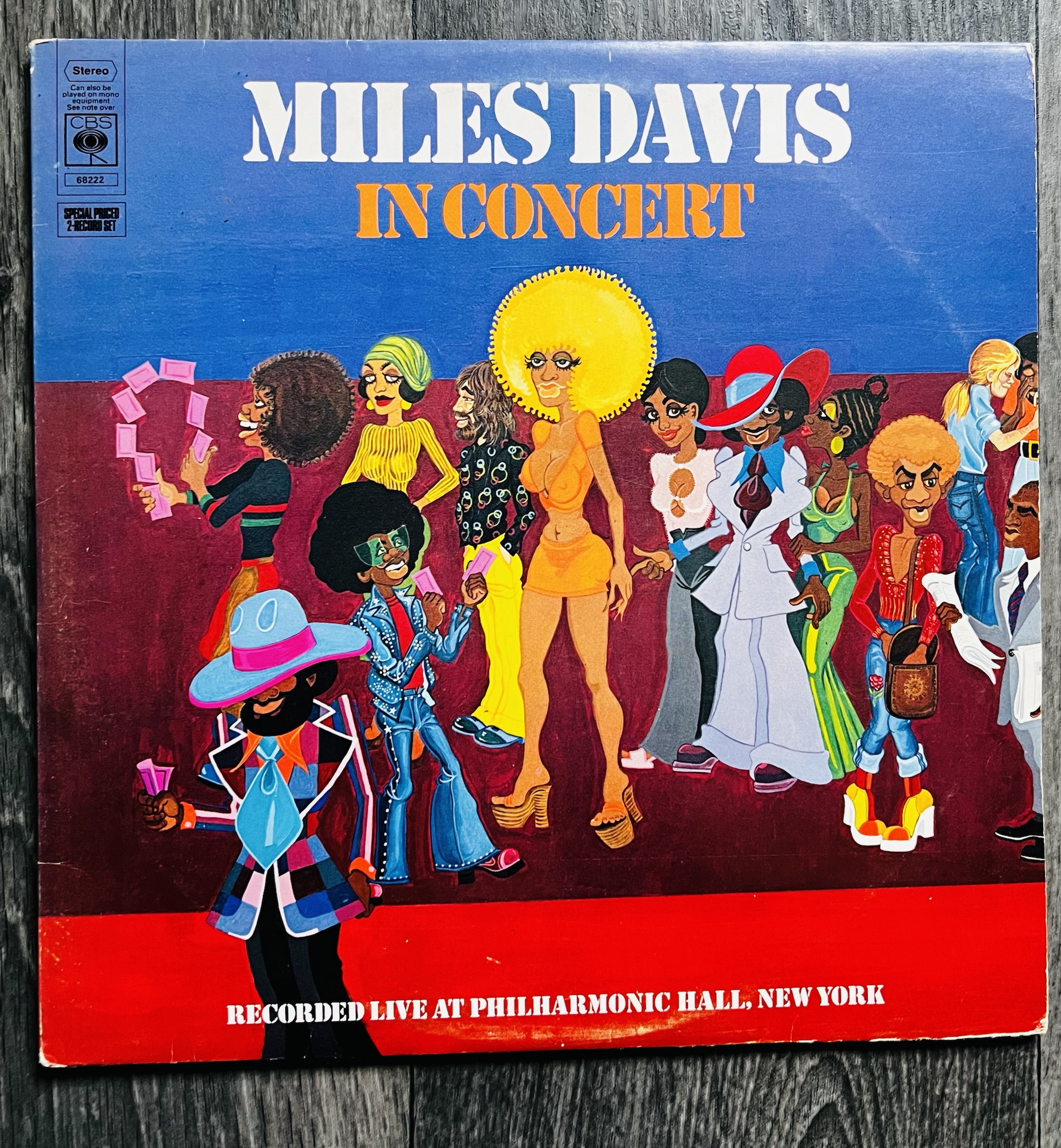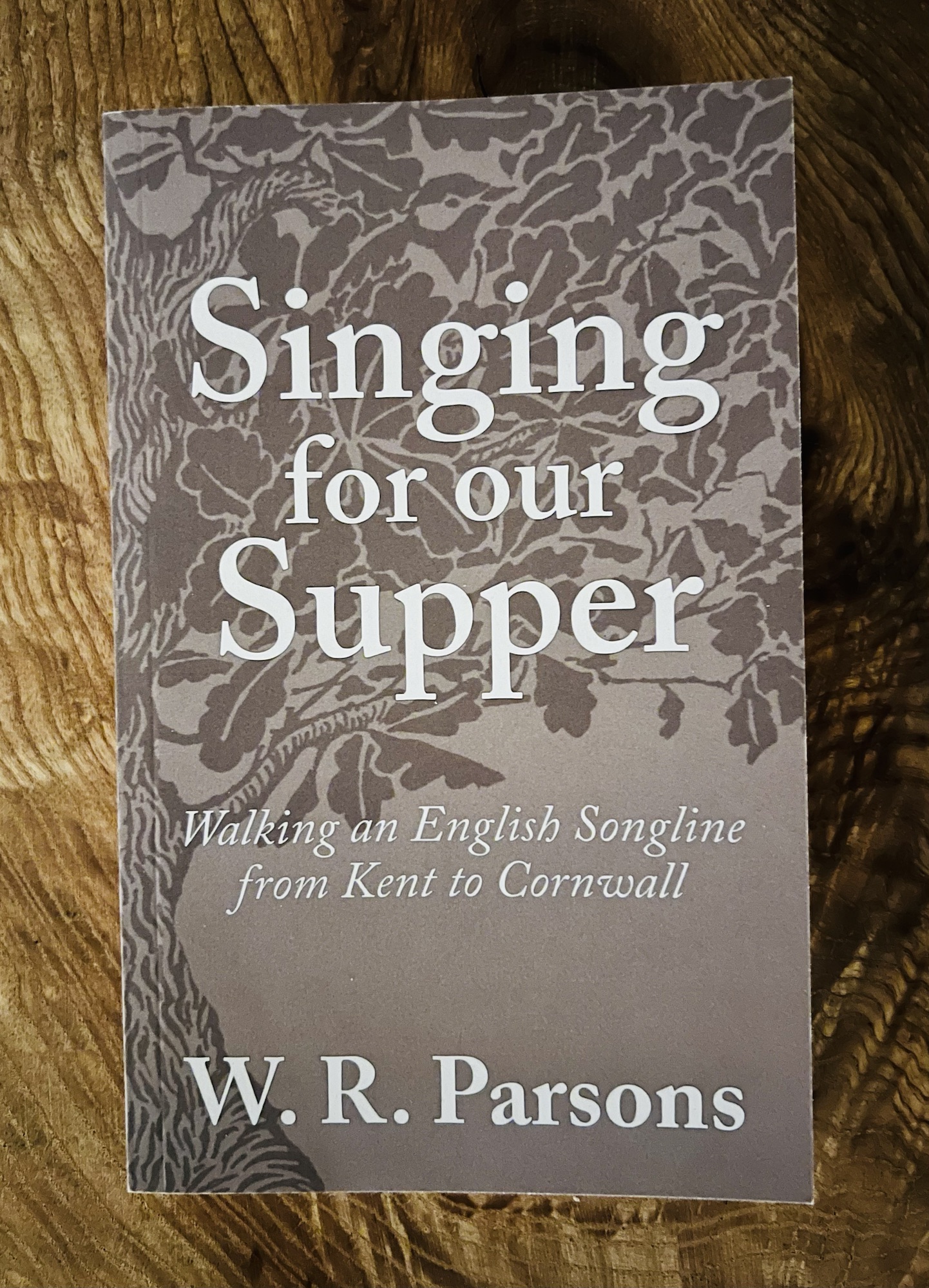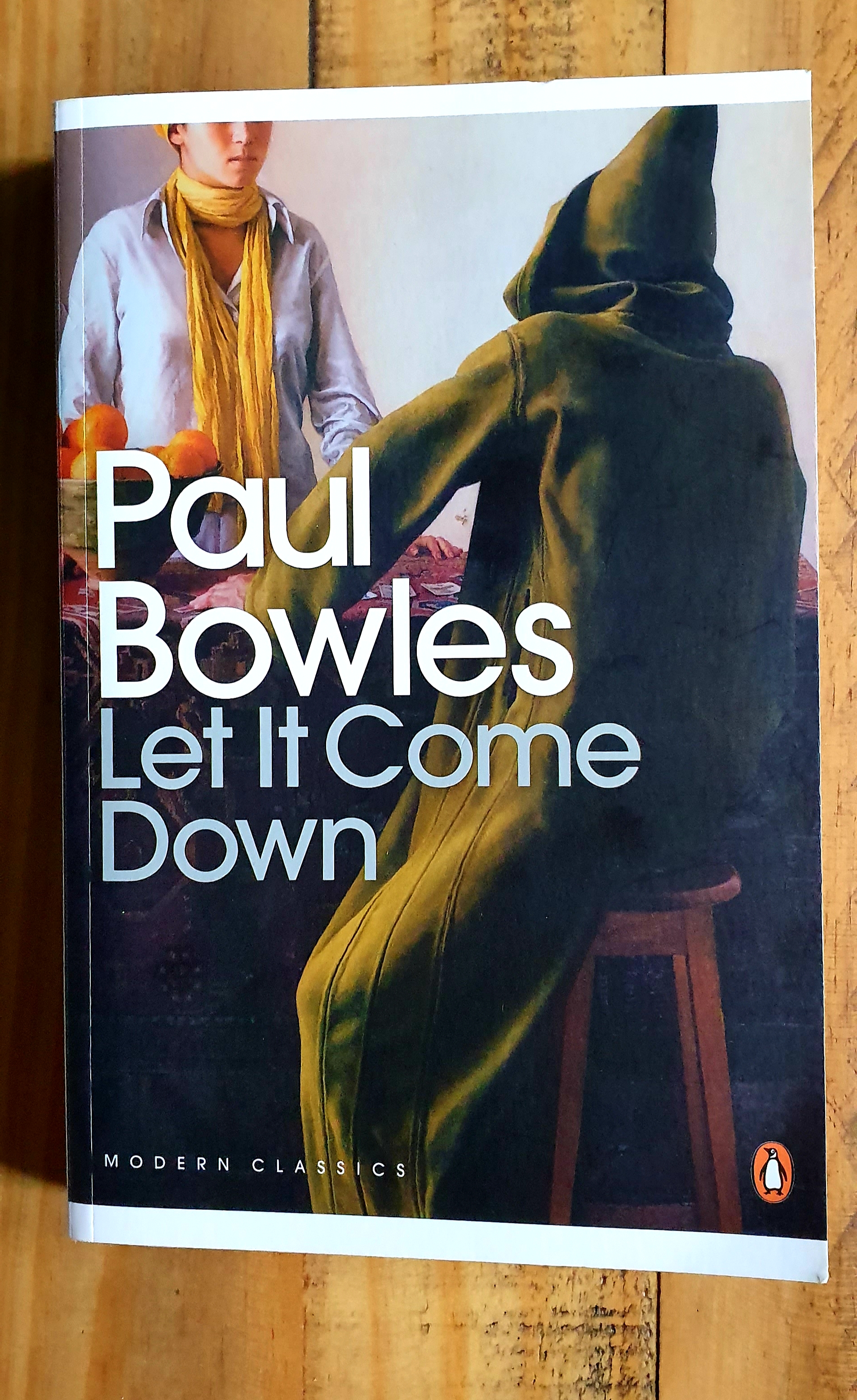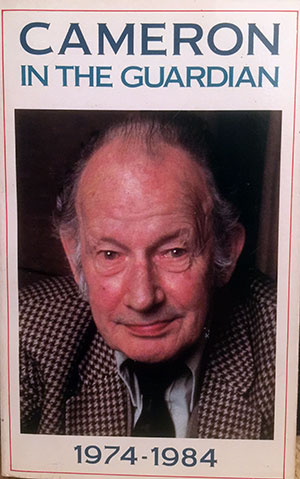The Diary of an Eastern Nobody by Donald Moore…
 This has proved an enjoyable read as well as a slight taster of things to come in my upcoming sojourn to Malaysia, Donald Moore’s 1953 account of life as an ordinary citizen living day by day in South East Asia.
This has proved an enjoyable read as well as a slight taster of things to come in my upcoming sojourn to Malaysia, Donald Moore’s 1953 account of life as an ordinary citizen living day by day in South East Asia.
Wonderfully illustrated with sketches by Phyllis Mackenzie it is of course a journal very much of its time. Most of the region was still in the earliest stages of modern development, particularly Penang (a favourite of mine) which Moore amusingly questions its right to be called the ‘Jewel of the Orient’. Well, I cannot comment on the island in 1953 but for the past fifteen years it certainly has my vote.
Donald Moore was a remarkable man, based in Singapore, he travelled extensively throughout the region but Singapore was the country he helped shape in terms of modern day art in all of its forms. A theatre producer, publisher and author he created a multi-million dollar company which would sadly end in insolvency and Moore’s return to his native England in 1976. This was a man who first brought some of the great cultural names of the last century to Singapore for the first time, an impresario passionate about the arts and putting Singapore on the cultural map whose legacy today is sadly somewhat forgotten.
Far Eastern Agent was his first of several books, most of which featured South East Asia and in this, his ‘Diary of a Nobody’ he offers the reader ‘back home’ a fascinating insight into lives and lands as far removed from the grey skies of 1950s Britain as one could possibly imagine. The lands are indeed far and varied, from Indonesia to Hong Kong, Siam to Tokyo and Ipoh to Kuala Lumpur, each with its own stories and characters such as Felix, the bookshop owner from Hong Kong selling ‘questionable literature’. Moore paints a picture of Hong Kong as an island already famous for its camera shops but more poignantly of the ‘many tales of hardship, cruelty and injustice to come out of China recently’. Anyone who has read Frank Dikkoter’s remarkable trilogy on Red China under Mao will undoubtedly shudder at that line.
 When ‘interviewing’ members of any general public then one must expect to hear one recurring theme; moaning about one’s lot. Every generation below that of the interviewee is pampered, lazy and weak and we are all guilty of similar slurs against our own younger generation. But when someone in 1950s Indonesia is complaining about the people being lazy you really wonder how bad it was for those who went before!
When ‘interviewing’ members of any general public then one must expect to hear one recurring theme; moaning about one’s lot. Every generation below that of the interviewee is pampered, lazy and weak and we are all guilty of similar slurs against our own younger generation. But when someone in 1950s Indonesia is complaining about the people being lazy you really wonder how bad it was for those who went before!
As multi-cultural as Malaya was and is there has always been a hierarchal snobbery between the ethnic groups of Chinese, Indians and Malays which Moore discovers as he talks to businessmen despairing of the local ‘peasants’ and their mistrust of them. One cannot help but imagine the feeling was entirely mutual.
For book lovers it is interesting to note Moore’s observations on the large number of bookshops in Japan and Tokyo in particular. He writes of the Japanese fondness for English books and the availability of them in dozens of second-hand bookshops down Tokyo backstreets. Their customers he writes “will be, for the most part, schoolboys and students, with red noses, rosy cheeks and chapped hands” But away from the cozy world of books we find a harsher reality:
“Perhaps the greatest tragedy of post-war Japan is the number of girls who have become prostitutes and rising generation of war babies estimated at anything from 200,000 to 400,000 strong. Here is another source of more than irritation. Japanese demand that the Occupying Powers, principally America, should make some contribution towards the upkeep and welfare of these children. The protestations of the Americans that they are benefactors as well as conquerors look a little silly from this side of the balance sheet”…..
 …”These children of brothels, tiny, wooden cubicled rooms, back alleys and bombed buildings constitutes a problem that will increase in intensity as they approach adolescence.” Sound familiar in Europe 2016?
…”These children of brothels, tiny, wooden cubicled rooms, back alleys and bombed buildings constitutes a problem that will increase in intensity as they approach adolescence.” Sound familiar in Europe 2016?
How easy it is to forget the human cost to conflict and its aftermath, the tortured, ruined lives which scar generations as well as those who had to endure it. We need to view today with some degree of historical context if we are to understand anything at all. We must realise and apologise for the arrogance of our forebears who could not learn quickly enough the lessons of two great wars before the destruction of Korea and Vietnam. Here, within these out-of-print pages can be found snippets of the reality of colonialism, war and the perversity of political power grabbing. It is the heart-wrenching sense of acceptance which so many carried with them post conflict that revolts the most.
Donald Moore made me stop and consider those girls whose lives were ruined by prostitution and the inevitability of drug-induced escape they must surely have sought to carry on with their miserable existence. My brother found me this book in a second-hand bookshop amongst many other similar old and forgotten works. It is one of the many wonders of books and bookshops, they house great stories, wonderful, fantastical tales of romance, intrigue and adventure. And they also house paragraphs of the upmost historical importance which, if read, can do much to contextualise that which we find hard to understand today.
Far Eastern Agent-Or The Diary of an Eastern Nobody by Donald Moore
First Published by Hodder and Stoughton 1953
Categories: The Reading Room








I was a lodger in Don’s home in Oxford in 1997&met his family at Christmas lunch there at the end of term.His second wife was a beautful,cultured Asian lady with whom he was very much in love.They each had2children from previous marriages.He&Iused to have great political conversations over breakfast..I grew very fond of him despite his Right-Wing views!He told me he’d written books & I’m glad to see them mentioned here,many thanks.
LikeLike
James, welcome to the site and thank you for this wonderful comment. I am delighted you found this post and reminded you of special memories. Many thanks and kind regards
LikeLike